You are here
Sat, 2012-01-28 13:15 — mdmcdonald
The Resilience Collaboratory focuses on the issues associated with dynamic adaption of social ecologies.
The mission of the Resilience Collaboratory is to find solutions associated with dynamic adaption of social ecologies to global change, societal challenges and social disruption.
Add Content to this group
Members
| Joyce Fedeczko | Kathy Gilbeaux | LRmed2009 | Maeryn Obley | mdmcdonald | Nguyen Ninh |
| Siftar | tkm | WDS1200-Columbus |
Email address for group
resilience@m.resiliencesystem.org

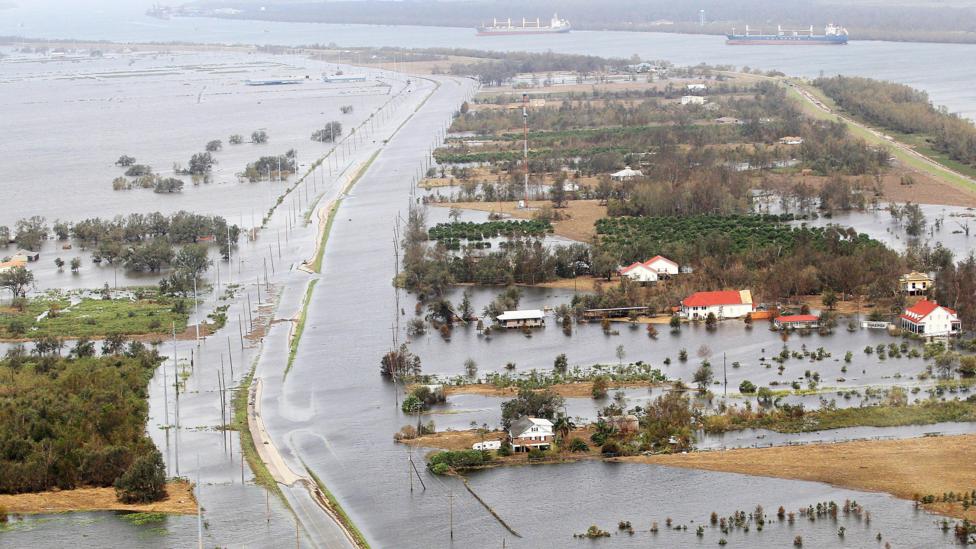


 Southern Haiti after Hurricane Matthew–October, 2016
Southern Haiti after Hurricane Matthew–October, 2016 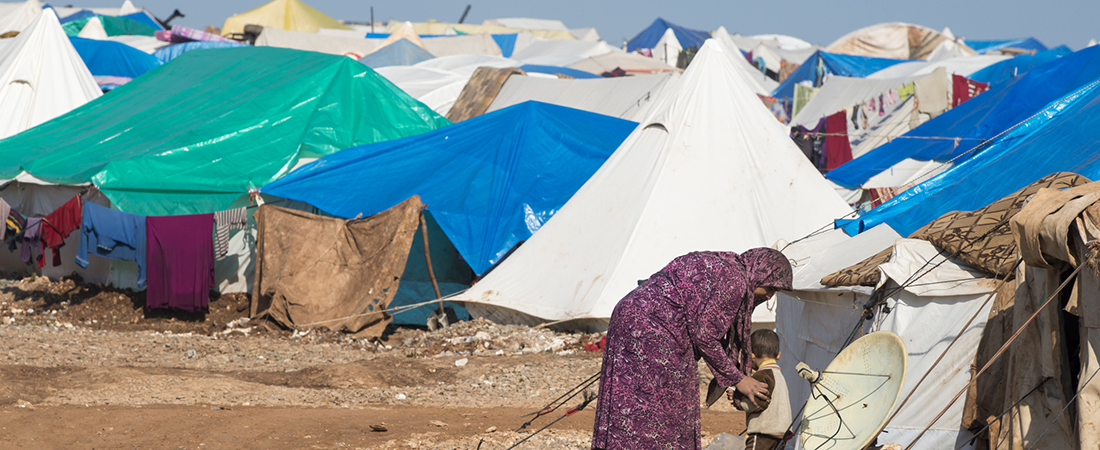
 New report calls for a major shift in international aid financing
New report calls for a major shift in international aid financing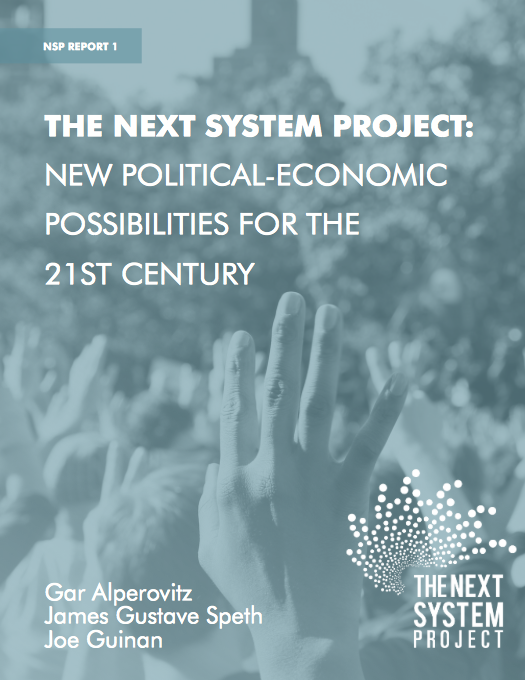
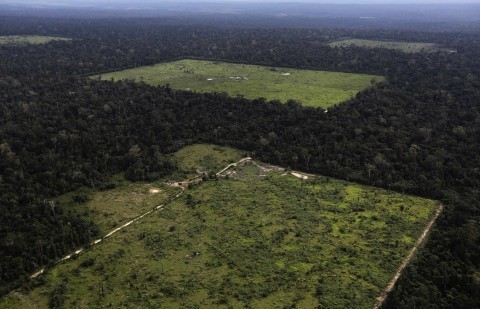 An aerial view shows a tract of Amazon rain forest that has been cleared by loggers and farmers for agriculture near the city of Santarem, Para State, April 20, 2013. (Nacho Doce/Reuters)
An aerial view shows a tract of Amazon rain forest that has been cleared by loggers and farmers for agriculture near the city of Santarem, Para State, April 20, 2013. (Nacho Doce/Reuters)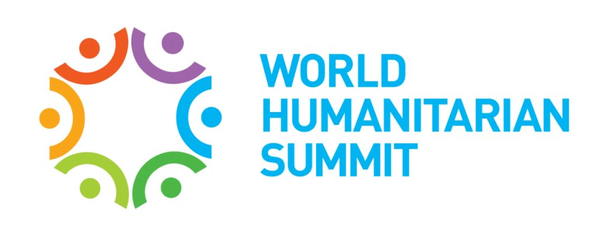
Recent Comments